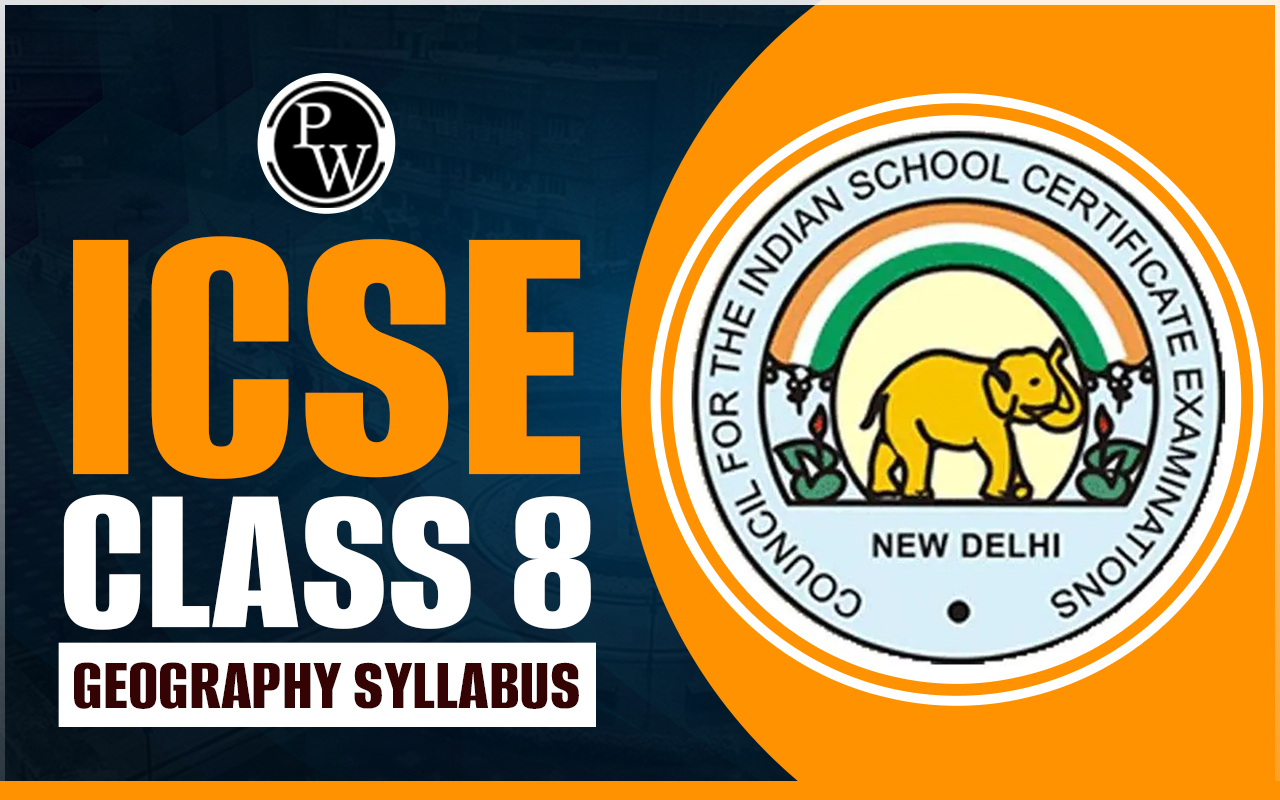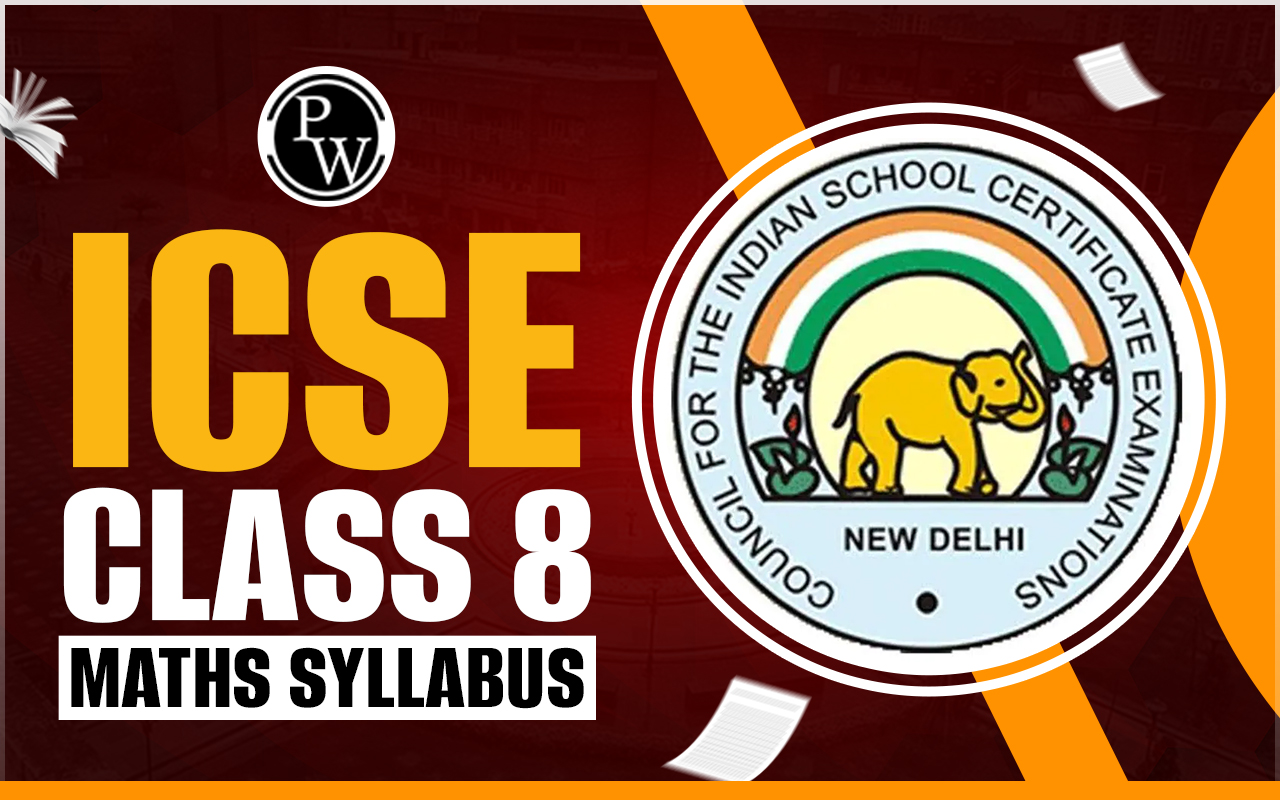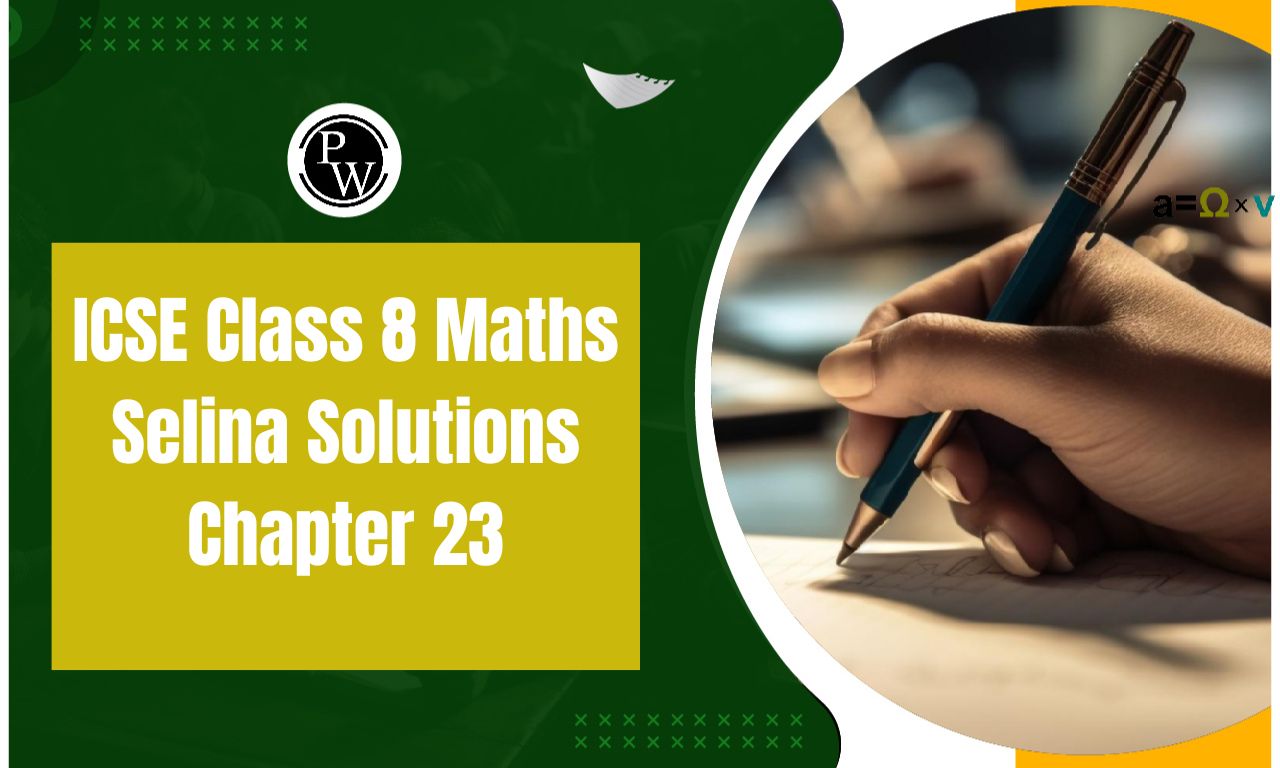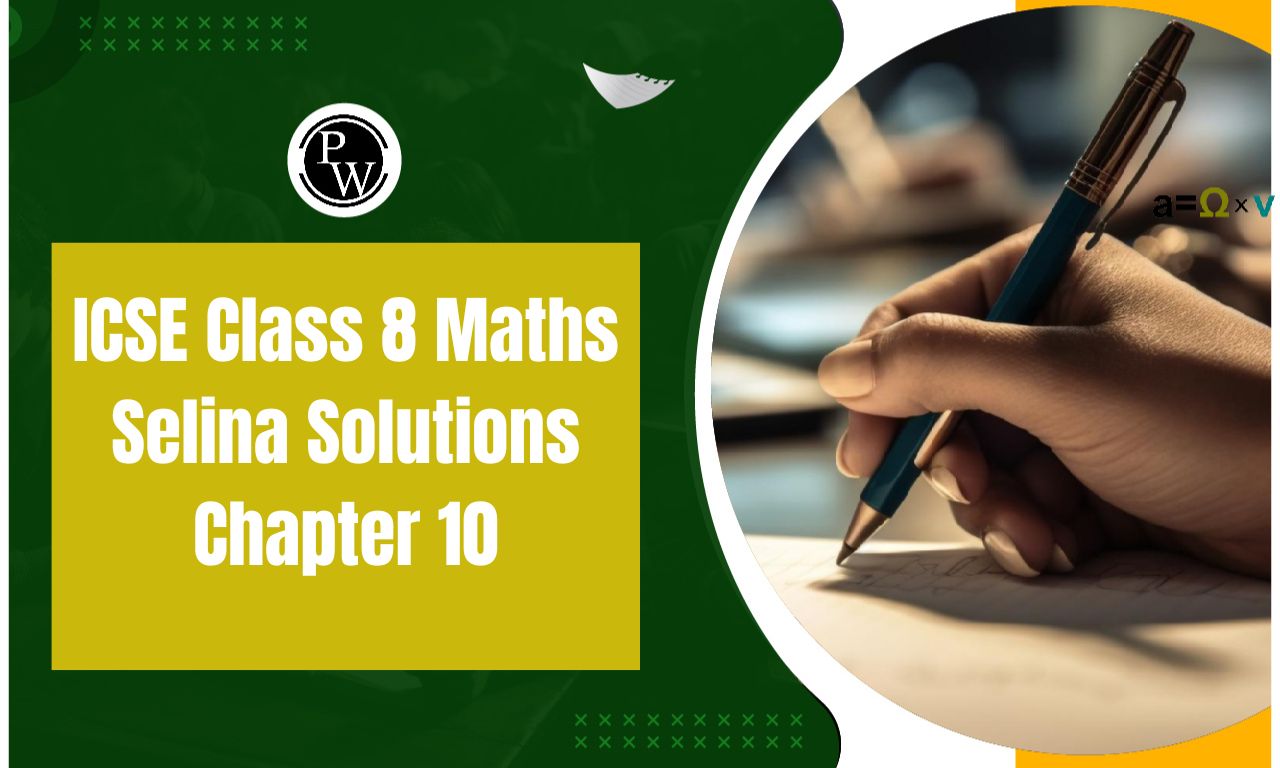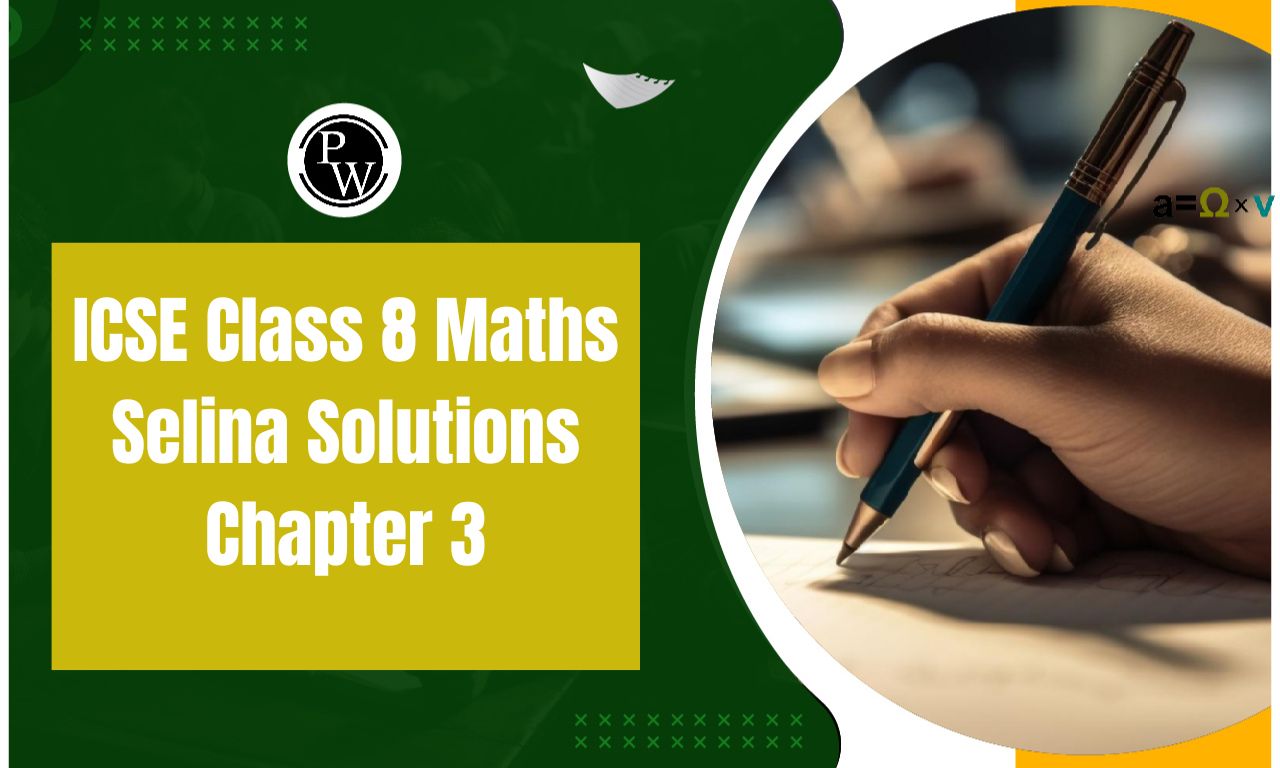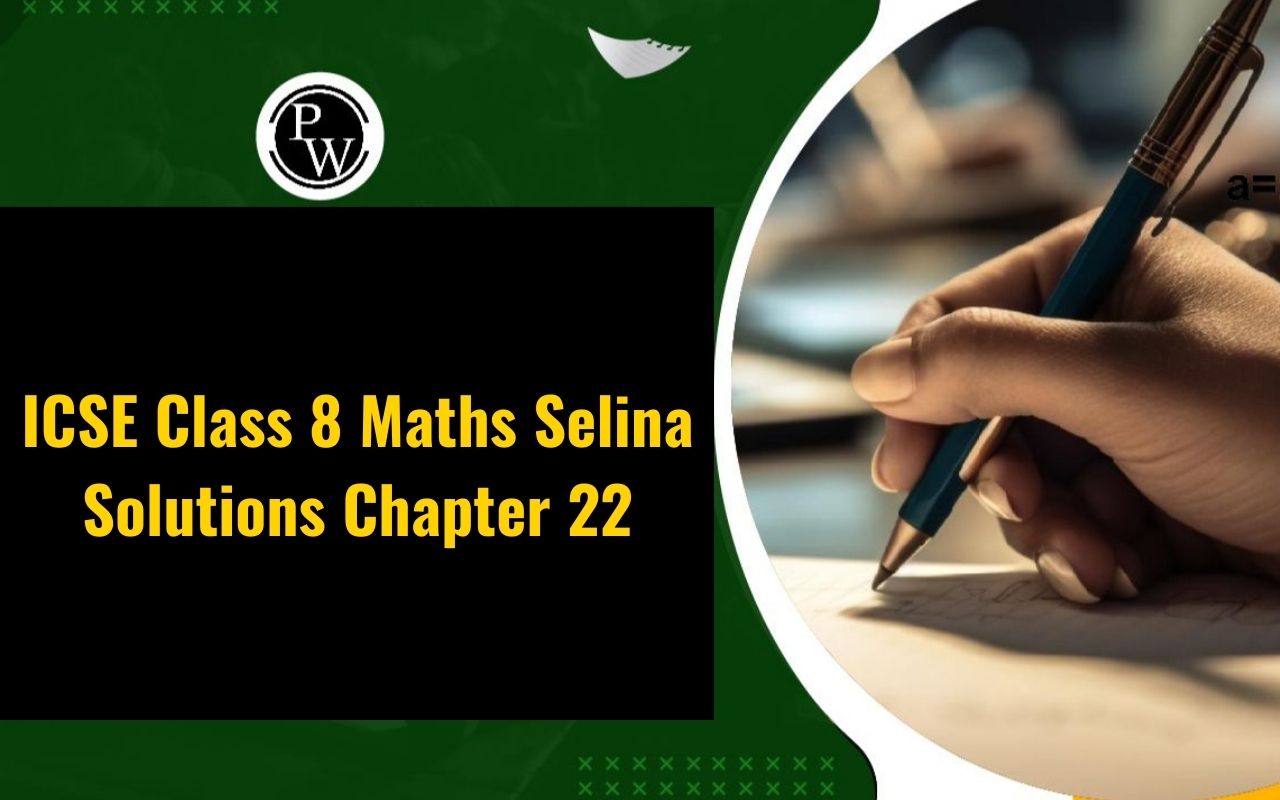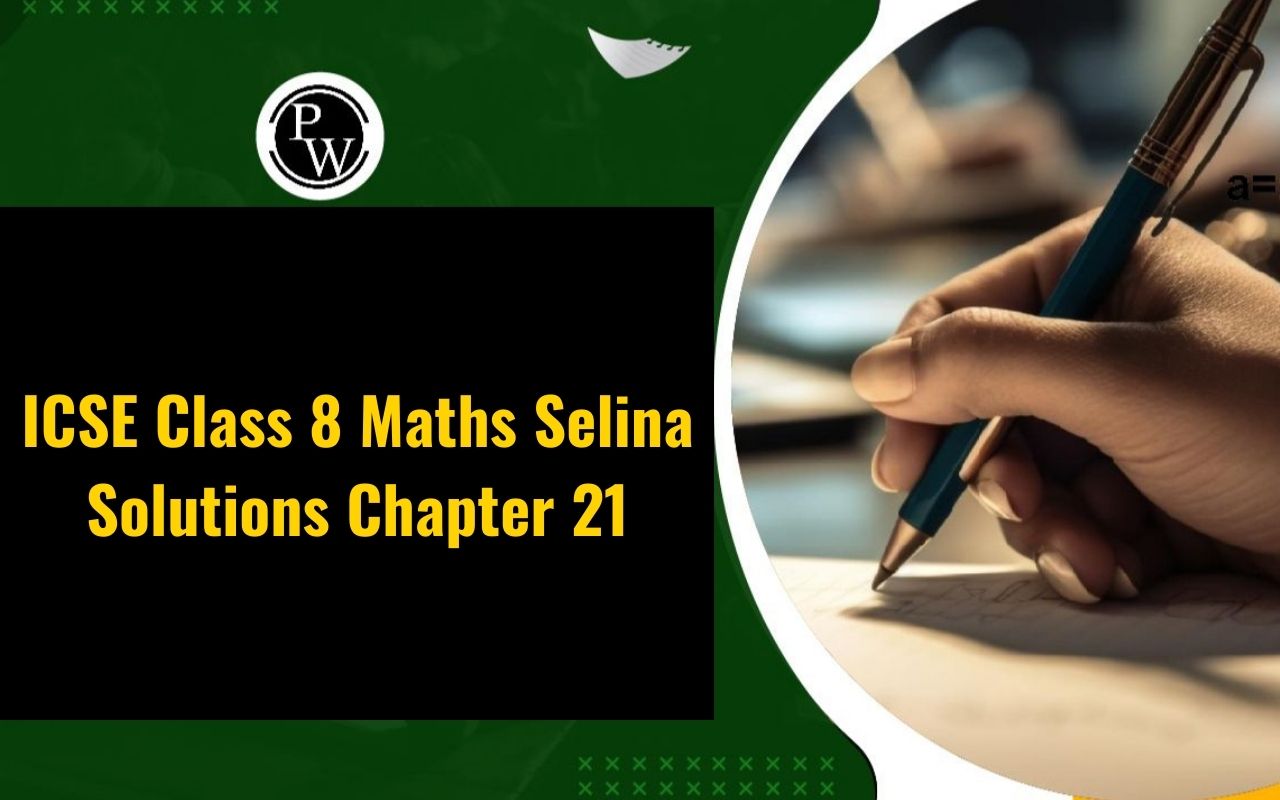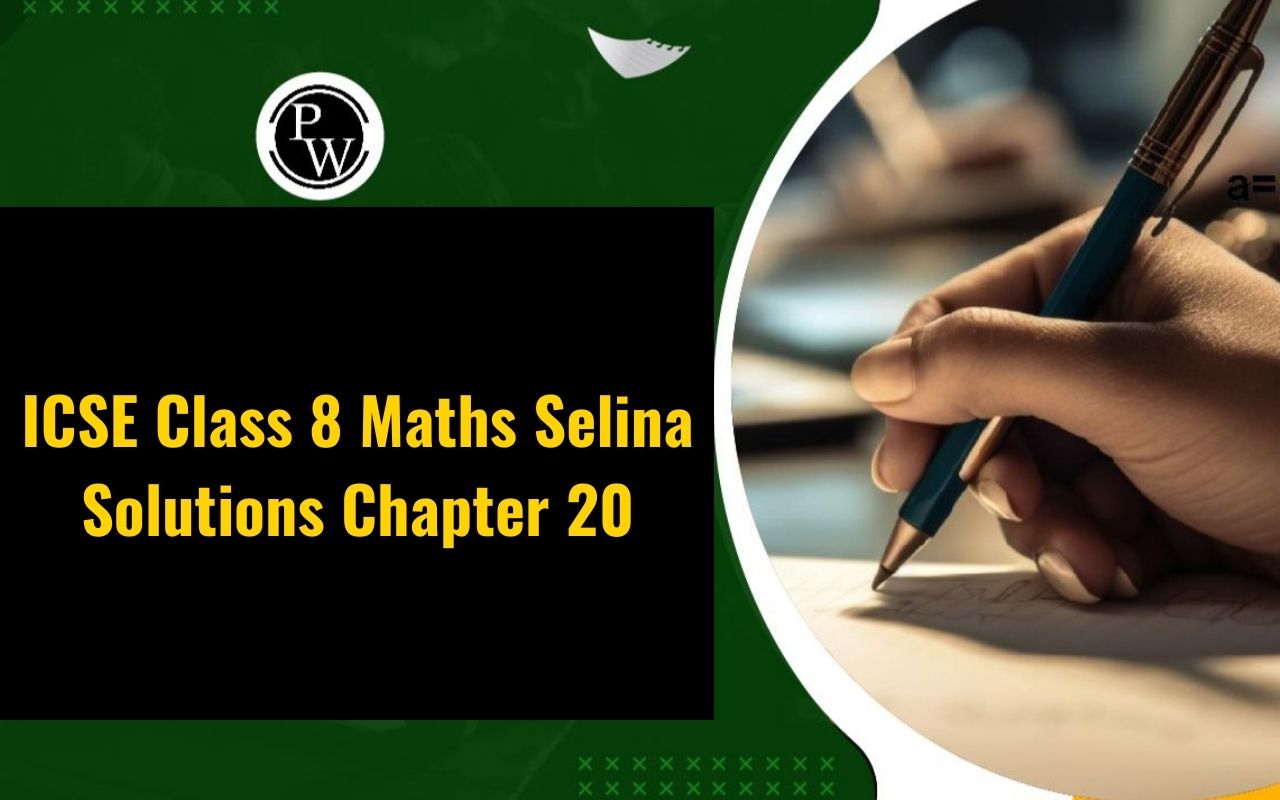
ICSE Class 8 History syllabus helps students learn about important events and changes that happened in the past and how they affect the world today. It covers topics like the rise of new ideas, revolutions, British rule in India, and the fight for freedom.
The syllabus is created to improve thinking skills by encouraging students to ask questions, understand causes and effects, and think deeply about events.
The exam is usually based on theory and includes questions that test how well students understand and connect different topics. This syllabus makes learning history interesting and helps students understand the world better.
ICSE Class 8 History and Civics Syllabus 2025-26 Overview
The ICSE Class 8 History and Civics syllabus provides a strong foundation for students to understand important historical events and civic concepts. It focuses on developing critical thinking and awareness about the functioning of societies and governments.
The exam pattern evaluates both theoretical knowledge and application of concepts. For a detailed overview of the syllabus topics and structure, refer to the table below.
|
ICSE Class 8 History and Civics Syllabus 2025-26 Overview |
|
|
Particulars |
Details |
|
Full Exam Name |
ICSE Board of Secondary Education Class 8 Examination |
|
Short Exam Name |
ICSE Class 8 |
|
Name of the Board |
Council for the Indian School Certificate Examinations (CISCE) |
|
Established In |
1956 |
|
Medium of Instruction |
English |
|
Overall Passing Marks |
35% Marks |
|
Exam Duration |
3 hours |
|
Exam Subjects |
English Language, Mathematics, Hindi, Science, Social Studies (Geography, Civics, History), Computer |
|
Mode of Examination |
Offline |
|
Official Website |
cisce.org |
ICSE Class 8 History and Civics Syllabus 2025-26
The syllabus for the 2025–26 academic year has been updated to include important and relevant topics, making sure students are well-equipped for their studies. It covers key historical events and civic principles that are essential for understanding how societies and governments work today. The syllabus is divided into distinct chapters, making it easier for students to follow and focus on each area step by step.
| ICSE History and Civics Class 8 Syllabus Overview | |
| Unit No. | Topics |
| History | |
| 1. | A Period of Transition |
| 2. | The Growth of Nationalism |
| 3. | India in the 18th Century |
| 4. | Traders to Rulers |
| 5. | British Policies and Impacts |
| 6. | The Great Uprising of 1857 |
| 7. | Socio-religious Reforms |
| 8. | India’s Struggle for Freedom |
| Civics | |
| 1. | The Three Main Organs of the Indian Government: Legislature, Executive, Judiciary |
| 2. | United Nations |
ICSE Class 8 History and Civics Syllabus Exam Pattern
Knowing the exam format is important for doing well in any test, and the ICSE Class 8 History and Civics exam is no different. Here's a thorough explanation to assist you in getting ready effectively: Paper format- The exam is divided into two parts: Part I - History and Part II - Civics .
- Each part carries 80 marks , making the total score for the paper 160 marks .
- The duration of the exam is 2 hours .
- Part I - History:Short answer type questions (3-5 marks) : These questions test basic understanding of key facts and concepts. (20 marks)
- Long answer type questions (6-10 marks) : These questions require deeper analysis and explanation of events, causes, and consequences. (40 marks)
- Map work (10 marks) : This may involve identifying locations, tracing routes, or understanding the geographical distribution of historical events.
- Project work (10 marks) : This is optional and may involve creating a map, timeline, model, or presentation on a specific historical topic.
- Part II - Civics: Very short answer type questions (1-2 marks) : These are quick recall questions focusing on basic definitions and terms. (10 marks)
- Short answer type questions (3-5 marks) : These questions test comprehension of key concepts and their application in specific scenarios. (20 marks)
- Long answer type questions (6-10 marks) : These require explanation of political processes, analysis of current events, and evaluation of arguments. (40 marks)
- Case study (10 marks) : This may involve analyzing a real-world situation related to civics and proposing solutions or evaluating approaches.
ICSE Class 8 History and Civics Syllabus Chapter Wise Overview
The ICSE History and Civics Class 8 Syllabus is given below.
ICSE Class 8 History Syllabus
Let’s know more about the different sections of the ICSE History Class 8 Syllabus.- Understand the changes and movements that happened worldwide during a transition period.
- Tell the difference between primary and secondary historical sources.
- Recognize, understand, and express thoughts about important events such as the Renaissance, Reformation, and more.
- Recognize the initial nationalist movements in history.
- Understand the important changes that occurred globally due to the French Revolution and the American War of Independence.
- Investigate the different reasons behind the French Revolution.
- Recognize the Mughal rulers who came after Aurangzeb and discuss the reasons behind the decline of the Mughal empire.
- Identify ways to distinguish expanding regional kingdoms.
- Understand the rising influence of the Marathas under the Peshwas.
- Identify the trade and business system that existed in India in the 17th and 18th centuries.
- Examine the intense competition among trading companies.
- Evaluate how the successes at Plassey and Buxar contributed to the growth of British influence in India.
- Thoughtfully assess and contemplate India's economic approach during the Company rule after completing this chapter.
- Identify the different land revenue systems introduced by the British.
- Examine the impact of British control on traditional industries.
ICSE Class 8 Chemistry Syllabus
Chapter 6:The Great Uprising of 1857 This chapter talks about the First War of Independence that occurred in 1857. It introduces students to the leaders involved and discusses the consequences of the conflict. After reading chapter 6, students will be able to:- Identify what led to the Great Uprising.
- Show the places where the main events of the great uprising happened on a map of India.
- Understand the outcomes of the 1857 revolution.
- Identify the cultural and religious traditions in 19th-century Indian society.
- Talk about the importance of efforts in the 19th and 20th centuries to inform the public about everyday social customs.
- Appreciate the reformers' actions to tackle issues such as the caste system, child marriage, and sati pratha.
ICSE Class 8 Geography Syllabus
ICSE Class 8 Civics Syllabus
Let’s know more about the different sections of the ICSE Civics Class 8 Syllabus.- The Indian Parliament is made up of the Lok Sabha and Rajya Sabha.
- Comparing the Rajya Sabha and Lok Sabha.
- Understanding how the two houses of the Indian Parliament work together.
- Knowing about the Supreme Court and High Court judges, including their roles and authority.
- Getting rid of hunger, poverty, diseases, and illiteracy.
- Promoting mutual respect for the freedom and rights of every citizen.
- Understanding and explaining the principles and goals of the United Nations
- Gaining knowledge about the parts of the United Nations
- Talking about the makeup of the Security Council, General Assembly, and the International Court of Justice
- Pointing out the roles of agencies in the UN, like UNICEF, UNESCO, WHO, etc.
- Recognizing the good things done by UN agencies.
ICSE Class 8 History and Civics Syllabus Preparation Tips
Succeeding in the ICSE Class 8 History and Civics tests involves grasping the details of the syllabus and planning your preparation wisely. Don't worry, as this guide provides you with useful tips to handle the extensive information and come out successful.ICSE Class 8 History and Civics Syllabus FAQs
Can Class 8 History contribute to future academic pursuits?
How does studying ancient civilizations benefit students?
Are there interactive ways to study history for better retention?
What role do primary sources play in historical research?
How can parents support their child's study of Class 8 History?

